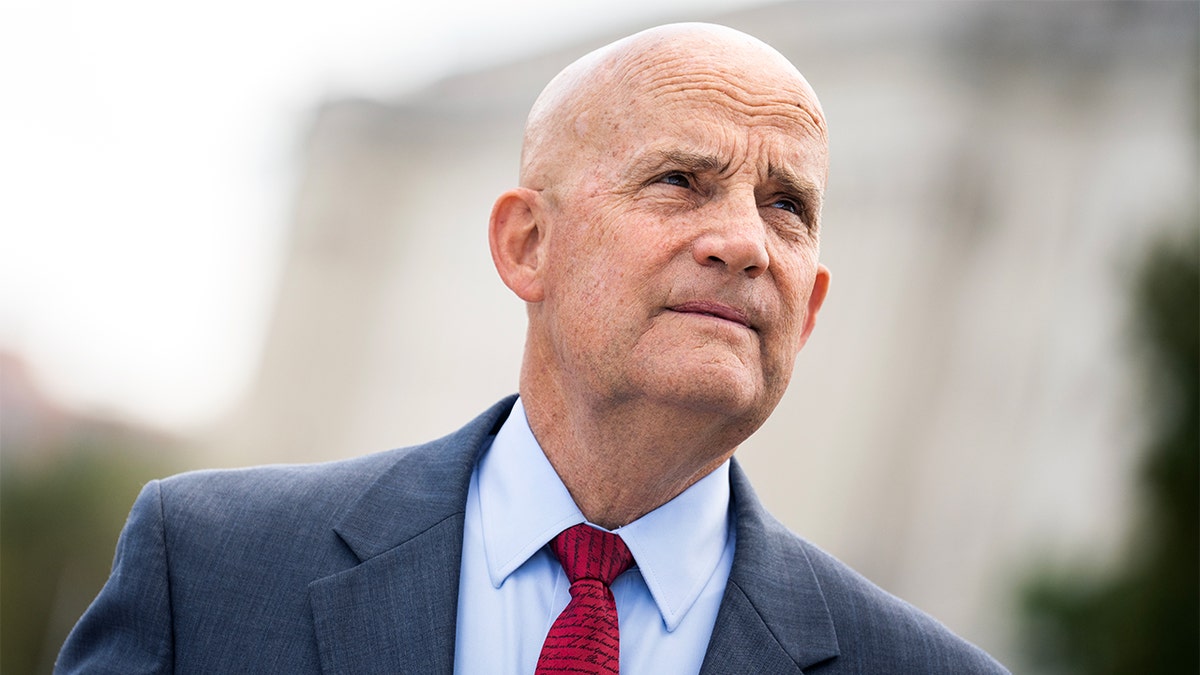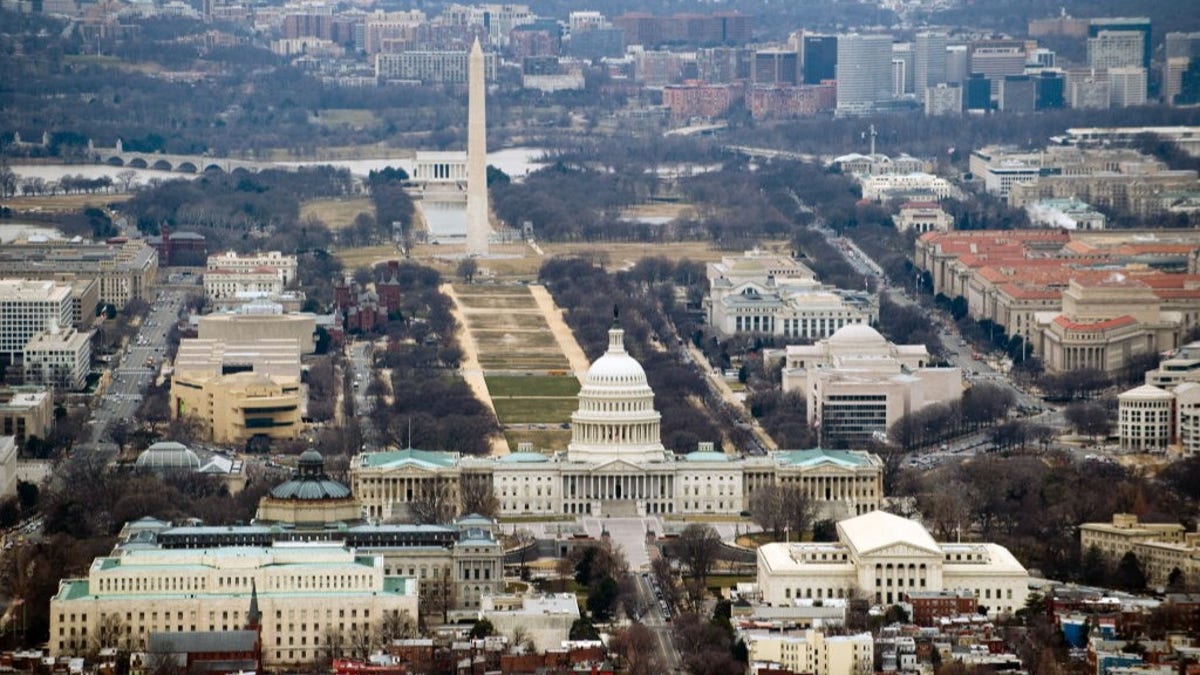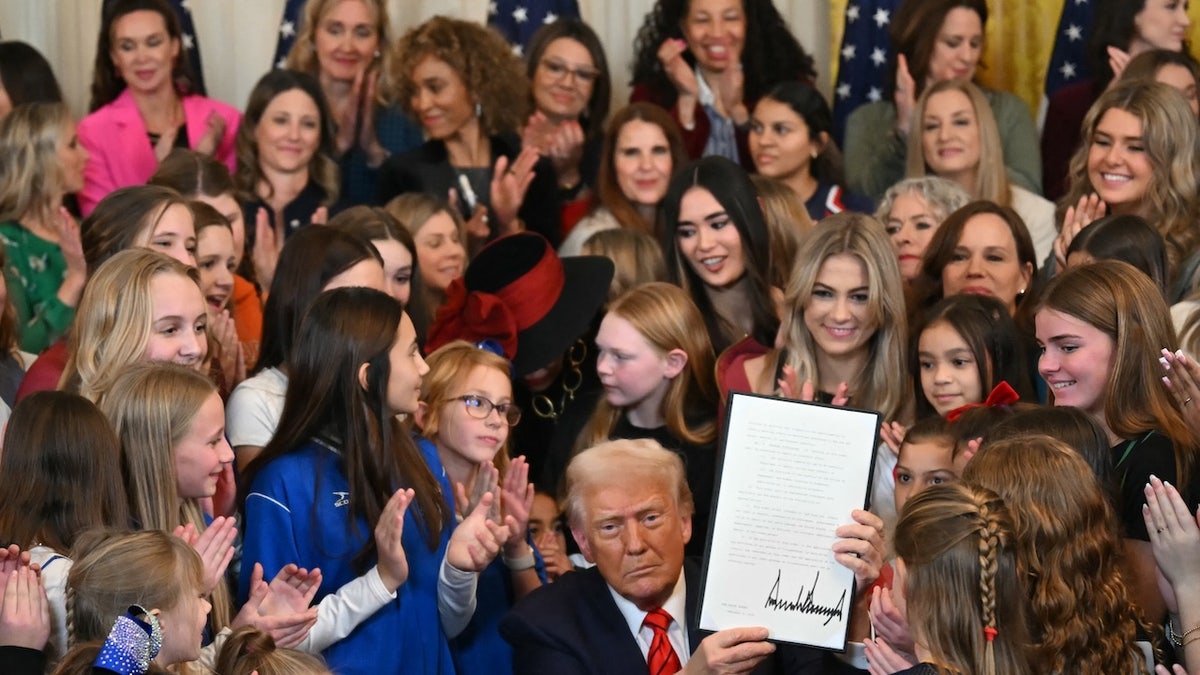House Speaker Mike Johnson's recent re-election was a close call, highlighting the ongoing political maneuvering within the Republican party. The Friday afternoon vote saw a dramatic turn of events as several GOP members initially withheld or voted against Johnson's speakership. This created a tense situation, delaying the swearing-in of President-elect Trump and threatening to mirror the protracted speaker elections of recent years.
Five Republicans initially abstained from voting when their names were called, while three others—Representatives Thomas Massie of Kentucky, Ralph Norman of South Carolina, and Keith Self of Texas—cast their votes for alternative candidates. Massie voted for House Whip Tom Emmer, Norman for Jim Jordan, and Self for Byron Donalds. However, following a second roll call, the five abstaining representatives—Andy Harris of Maryland, Andy Biggs of Arizona, Andrew Clyde of Georgia, Michael Cloud of Texas, and Chip Roy of Texas—ultimately voted for Johnson.

A pivotal moment occurred when President-elect Trump personally intervened, calling Representatives Norman and Self to encourage their support for Johnson. This intervention, facilitated by Rep. Nancy Mace, proved crucial in swaying the two representatives to change their votes. While Rep. Massie remained steadfast in his opposition to Johnson, the shift in votes from Norman and Self secured the necessary majority for Johnson's victory. The delay caused by the initial resistance allowed for negotiations and discussions between Johnson, the holdout representatives, and other House leaders.


Representative Self explained his decision to switch his vote as a move to advance the "Trump agenda," emphasizing the importance of a unified Republican front for upcoming legislative negotiations. Representative Norman, while acknowledging Trump's call, attributed his changed vote to promises from Johnson regarding significant changes in House procedures. He highlighted Johnson's commitment to reform, rather than any specific quid pro quo, as the deciding factor.








